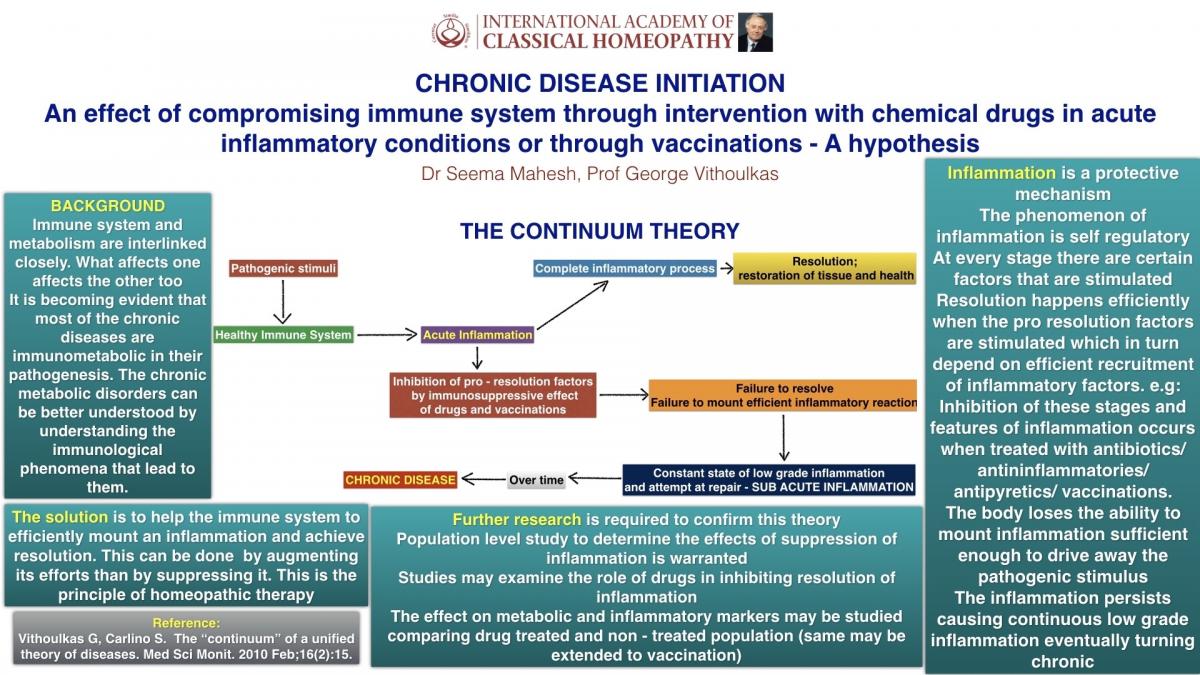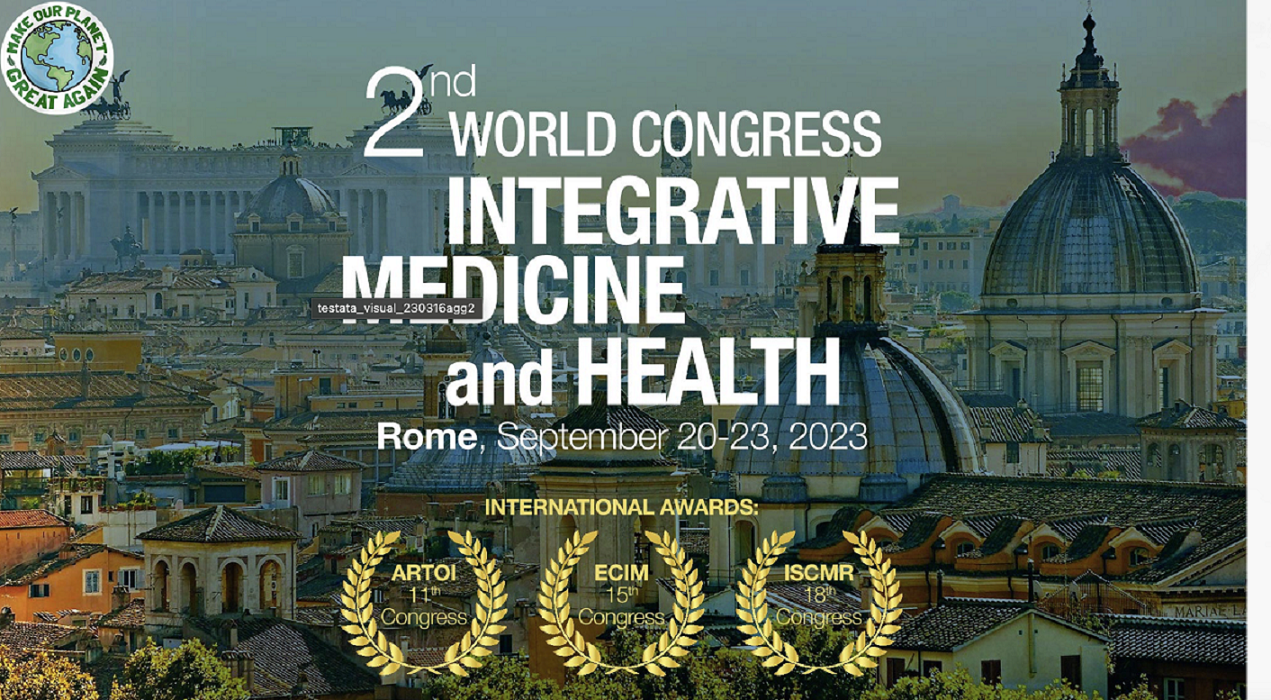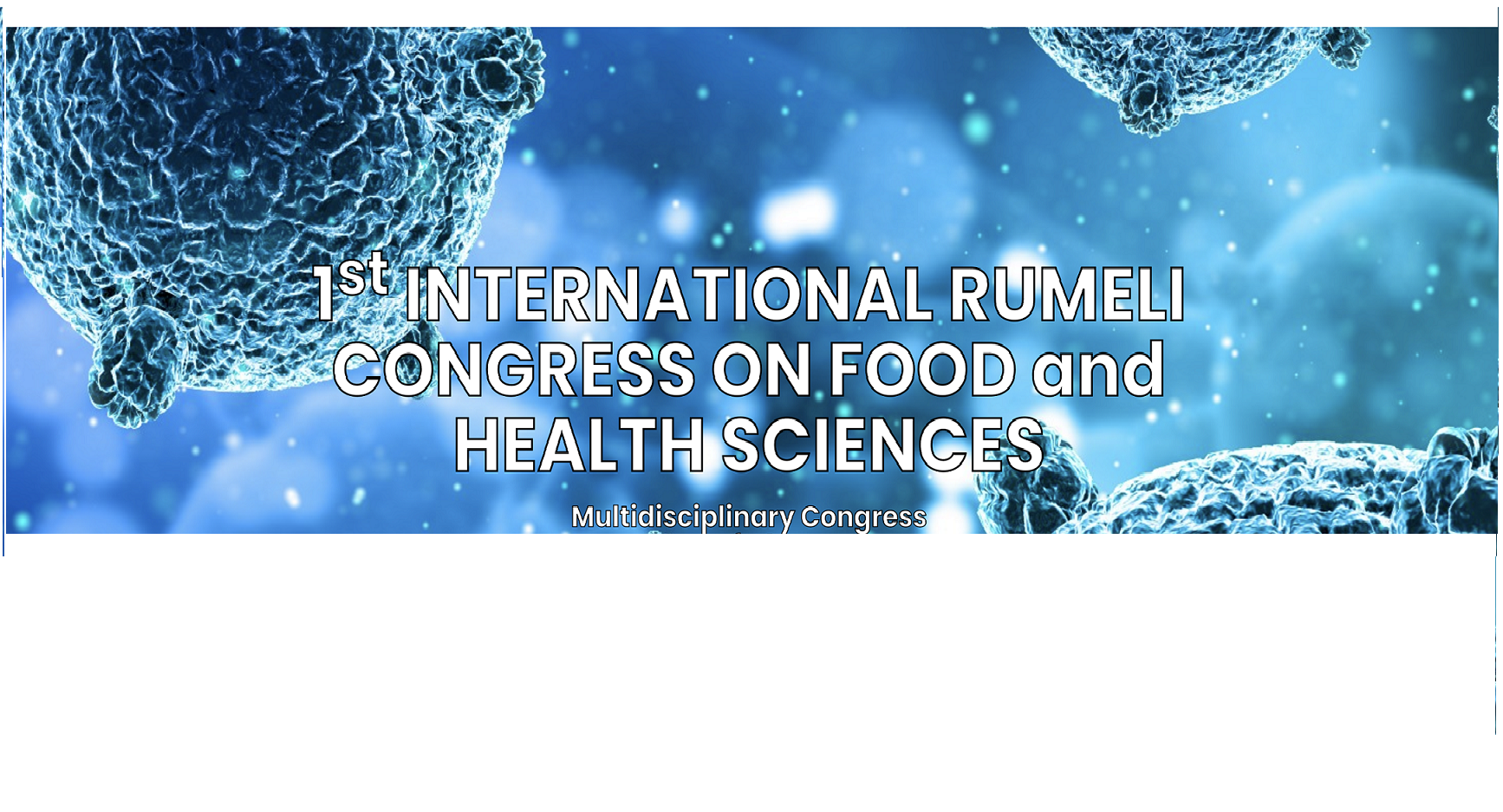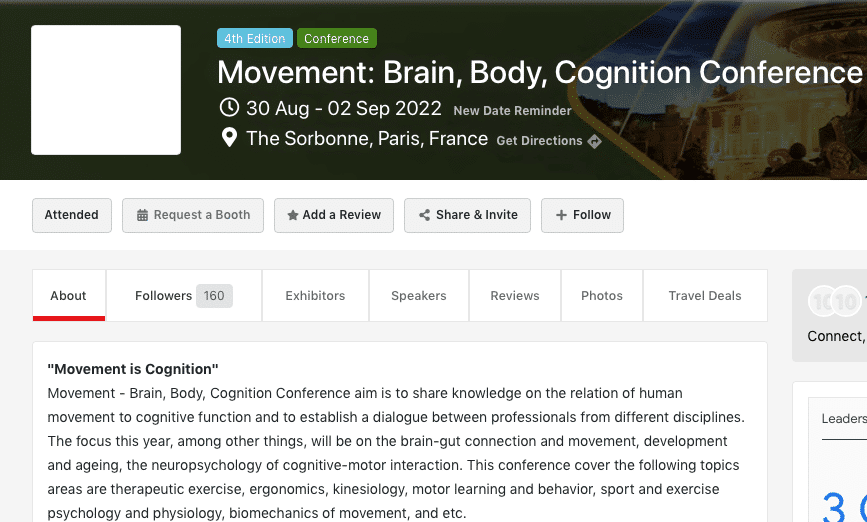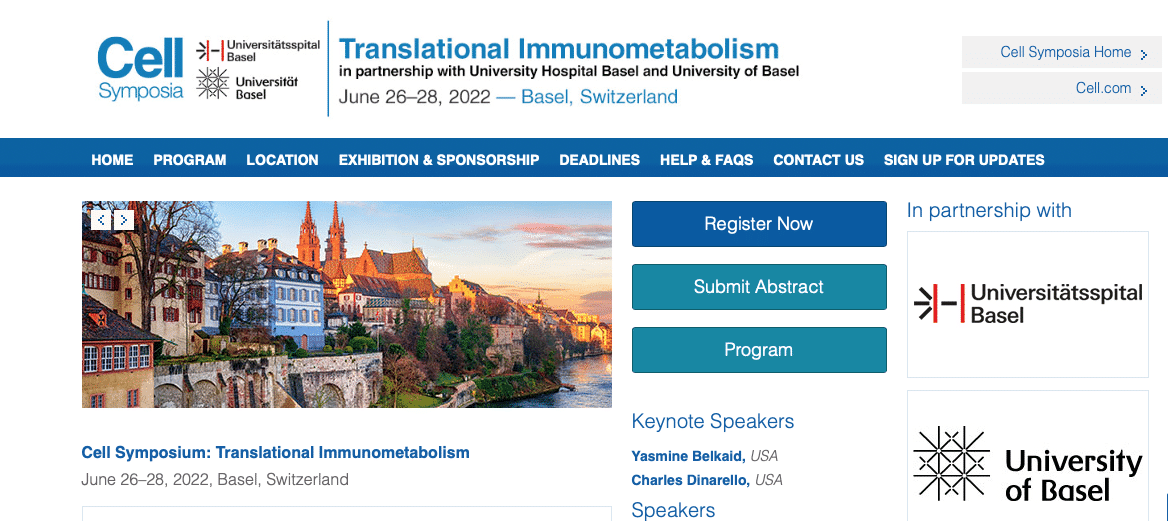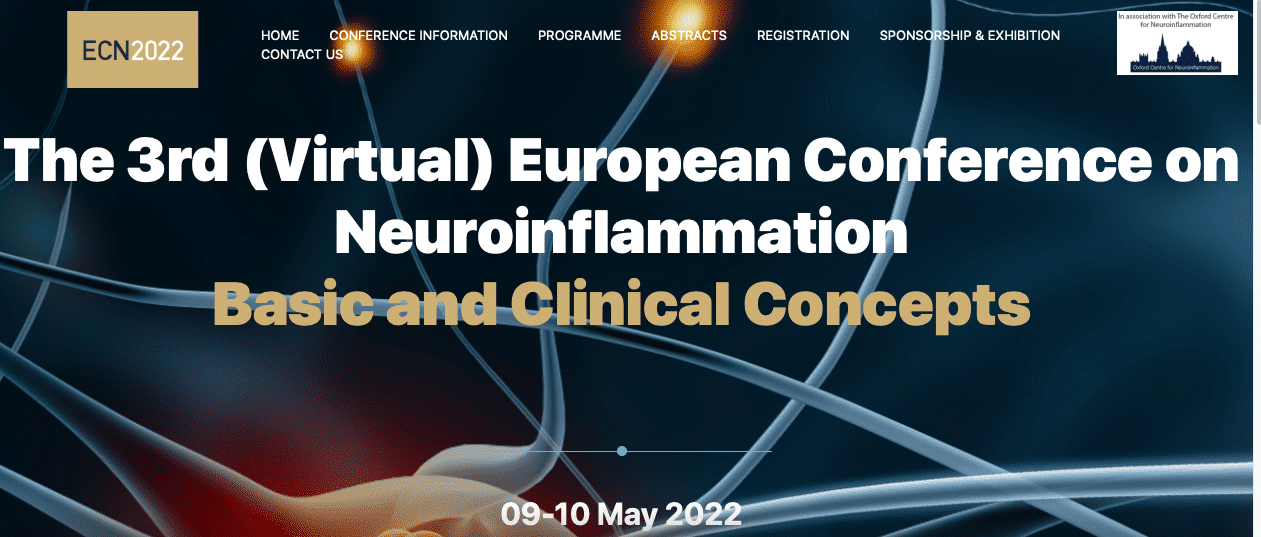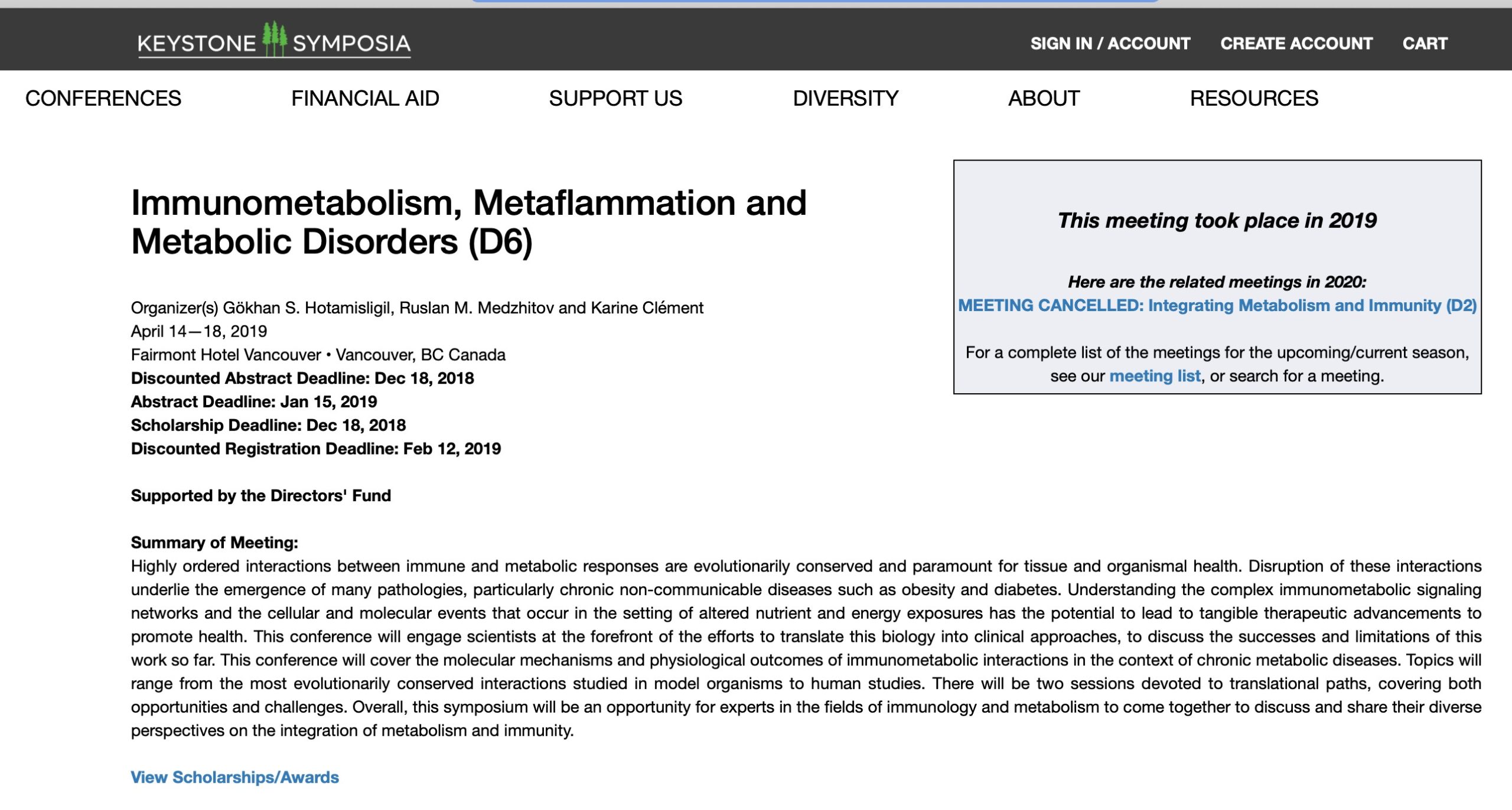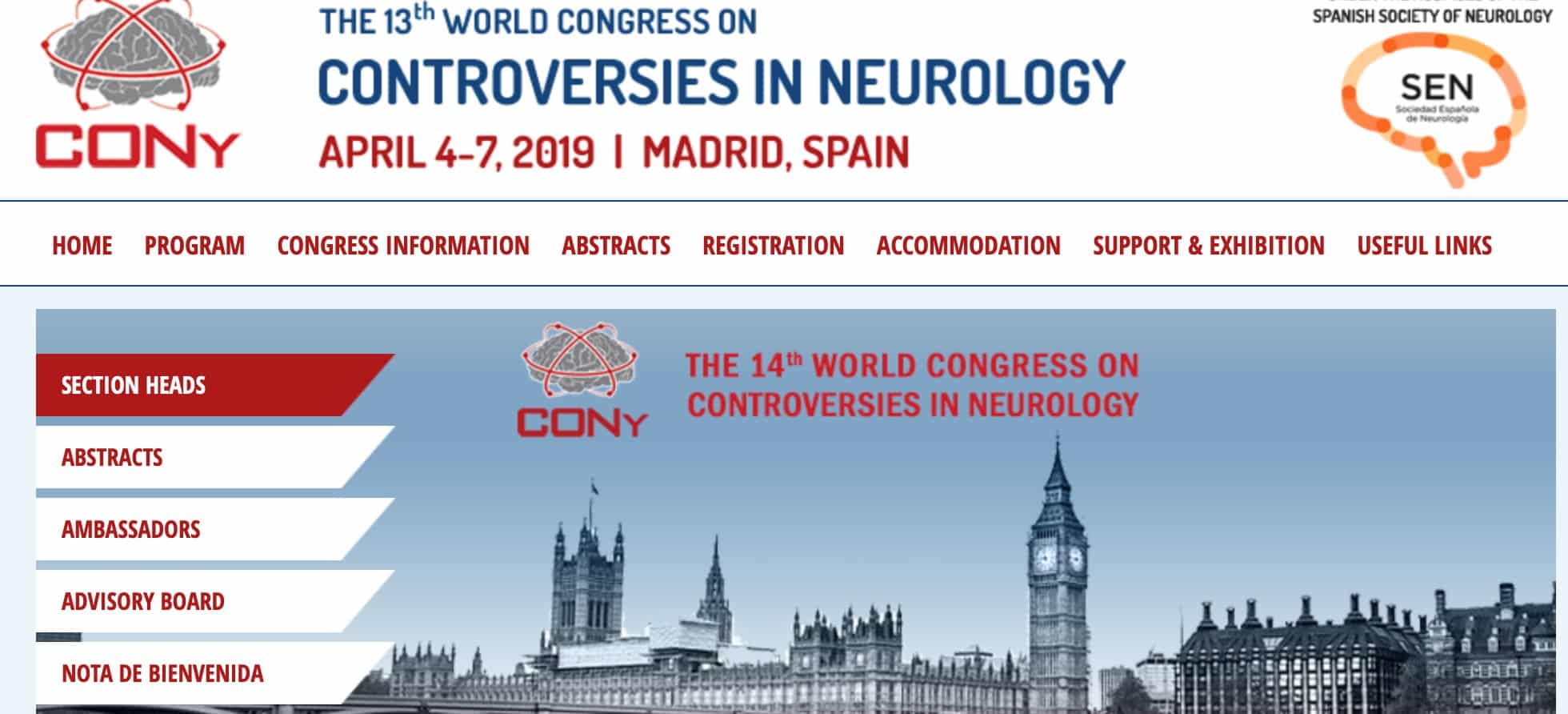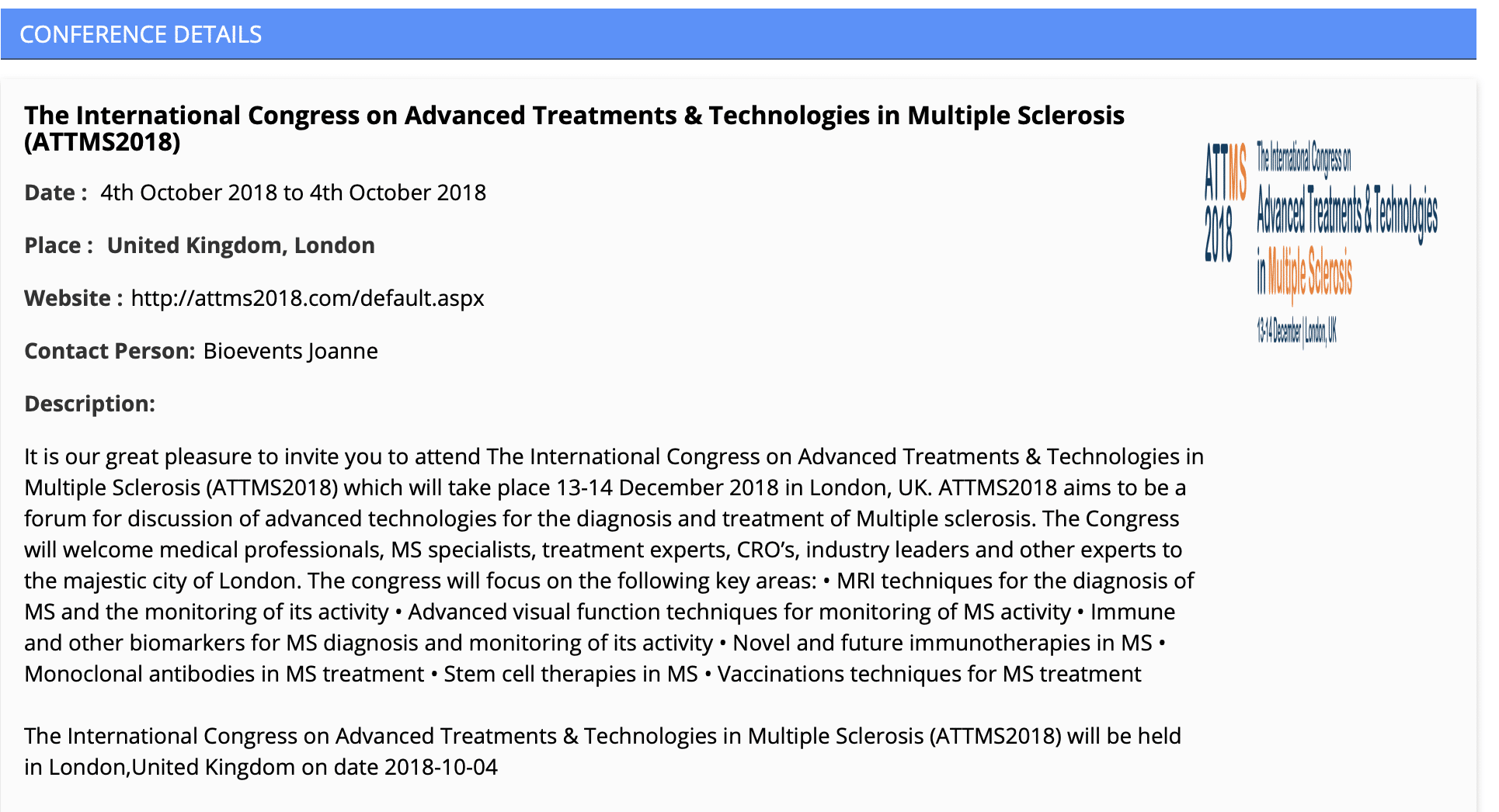Abstract Submission (oral and poster presentation)
Title: Chronic disease initiation – a result of suppressed immunity by treatment of Acute diseases with drugs and by vaccinations
Authors: Dr Seema Mahesh1, Prof George Vithoulkas 2
Affiliation:
1. Centre For classical Homeopathy, Bangalore, India
2. The University of the Aegean Greece
Abstract
Background
The global load of chronic diseases (metabolic and autoimmune ) has been on the rise while the acute infections are declining. [1, 2]. Research has revealed that chronic diseases are inflammatory in nature [2, 3]. Inflammation is a protective mechanism that has evolved over millennia, performing balanced targeted destruction and tissue repair (through timely activation and inhibition). [4]. Failure to resolve acute inflammation is the cause for the chronic disease [5]. Immunity and metabolism are interlinked and affect each other profoundly. If we are to understand the burden of chronic metabolic and other diseases, we must understand the influences on the immune system. There is enough evidence to examine the effect of suppression of acute inflammation by drugs and vaccinations on immunity as causal to increasing chronic diseases. Antibiotics and anti – inflammatory drugs and vaccinations are immunomodulators [6]. They have been applied without discretion in the population, resulting in undue stress on the immune system [7]
The Continuum of Unified Theory of Diseases
In this paper, G Vithoulkas and S Carlino propose that diseases are not isolated events but form a continuum in a person’s life. The immune system has certain mechanisms underway which not only combat injurious stimuli but also make it more efficient with every assault. Drugs and vaccinations act as stress by modifying the immune system irrespective of its natural inclination. As a result, in order to maintain the dynamic equilibrium, a deeper disturbance begins, a persistent low – grade inflammation (sub – acute) which, eventually initiates the chronic degenerative disease that the organism is genetically predisposed to[8]. An organism born in a state of relatively good health stops putting up inflammatory response even when exposed to virulent microbes and eventually establishes a state of chronic suffering [9]. An ideal therapy is one that instead of suppressing, aids the immune system in its own combat direction
References:
1. Noncommunicable diseases country profiles 2014 [Internet]. World Health Organization. 2016 [cited 16 December 2016]. Available from: http://www.who.int/nmh/publications/ncd-profiles-2014/en/
2. Cooke A, Zaccone P, Raine T, Phillips JM, Dunne DW. Infection and autoimmunity: are we winning the war, only to lose the peace?. Trends in parasitology. 2004 Jul 1;20(7):316-21.
3. Festa A, D’agostino R, Howard G, Mykkänen L, Tracy RP, Haffner SM. Chronic subclinical inflammation as part of the insulin resistance syndrome. Circulation. 2000 Jul 4;102(1):42-7.
4. Nathan C. Points of control in inflammation. Nature. 2002 Dec 19;420(6917):846-52.
5. Lawrence T, Gilroy DW. Chronic inflammation: a failure of resolution?. International journal of experimental pathology. 2007 Apr 1;88(2):85-94.
6. Gündüz Ö. IMMUNOMODULATION WITH ANTIBIOTICS. IMMUNOMODULATORY AND IMMUNSUPPRESSIVE DRUGS IN DERMATOLOGY. 2016:19.
7. Earn DJ, Andrews PW, Bolker BM. Population-level effects of suppressing fever. InProc. R. Soc. B 2014 Mar 7 (Vol. 281, No. 1778, p. 20132570). The Royal Society.
8. Vithoulkas G, Carlino S. The “continuum” of a unified theory of diseases. Med Sci Monit. 2010 Feb;16(2):15.
9. Vithoulkas G, Woensel E. Levels of health. Alonissos, Greece: International Academy of Classical Homeopathy; 2010.

